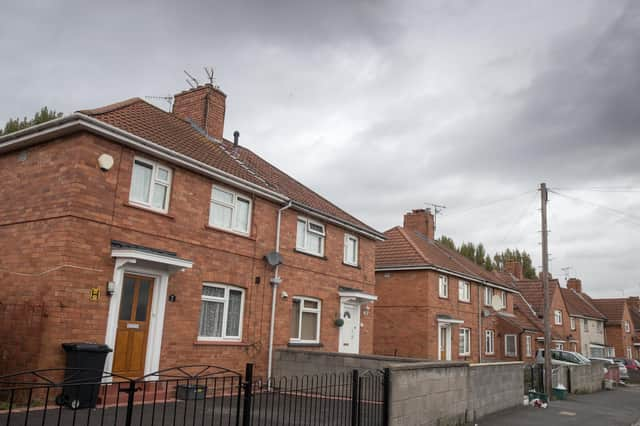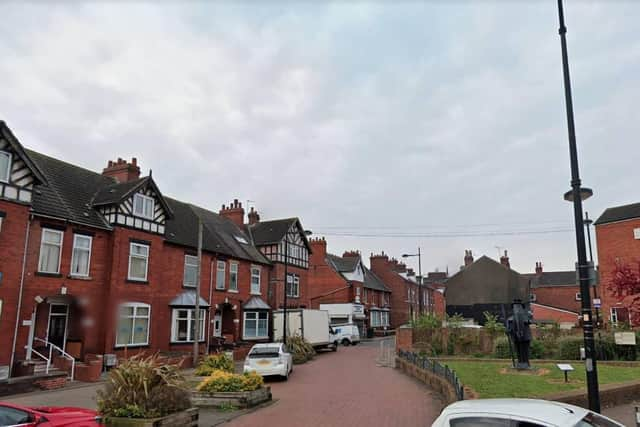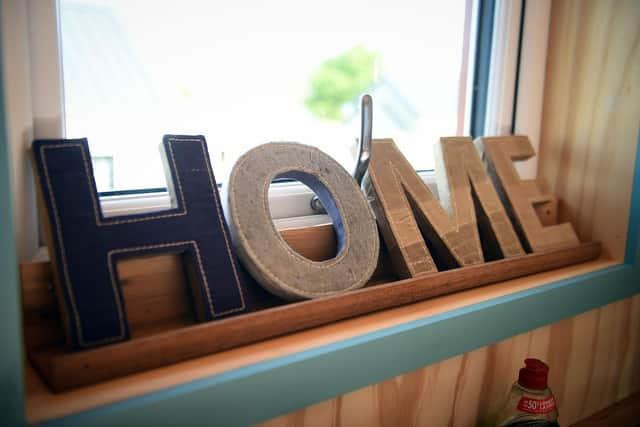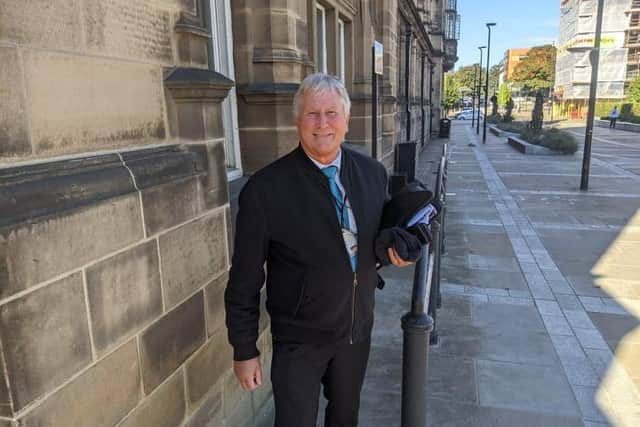Councillors rule out Leeds-style selective licensing for landlords


A number of elected members have highlighted the poor standard of living in some rented properties across the district.
The city's College Grove area, where an application to convert a property into a seven bed home was recently rejected amid serious concerns about living conditions in the vicinity, is among those that have been highlighted.
Advertisement
Hide AdAdvertisement
Hide AdBut council officers say introducing a "selective licensing" system, where all landlords in a specific problem area have to be licensed by the local authority, would not work in Wakefield.


Rotherham, Sheffield and Leeds all have selective licensing areas in a bid to improve living conditions. In Leeds, any private landlords who let out homes in Beeston and Harehills are duty-bound to apply for a licence and comply with the regulations that come with it.
But speaking at a scrutiny committee meeting on Wednesday, housing enforcement officer Jim Goldthorpe said: "Selective licensing isn't for Wakefield right now.
"We keep a watching brief on landlords, we look at the stats and we talk to other areas, but at the moment the thresholds we need to trigger a selective licensing area just aren't met.
Advertisement
Hide AdAdvertisement
Hide Ad"Government guidance dictates that you can only consider selective licensing where there's low housing demand.


"We don't have low housing demand in Wakefield. We have a strong private rented sector and availability is the issue. It's not a case of them being too many."
Mr Goldthorpe said the pandemic had sent private sector rents in the district rising because tenants are moving house less.
That's despite the fact that, as of 2016, there were 18,000 private rented properties locally - 12 per cent of the overall housing stock in the district.
Advertisement
Hide AdAdvertisement
Hide AdHe also said that selective licensing can penalise good landlords and force the taxpayer to pay the costs of taking enforcement action against rogues.


However, Labour councillor Charlie Keith said rogue landlords were not being regulated tightly enough and made a link between poor living conditions and the green agenda.
He said: "How many people are sat in a home with a boiler that's out of date?
"How can we turn round to kids and say, 'We're looking after your future, because we're stopping idling outside schools' and everything else, when we're letting these people get away with murder?
Advertisement
Hide AdAdvertisement
Hide Ad"We need a scheme and I think we need to write to the government to say we need a system in place.
"If you let out a house you should be licensed."
Council officers said that the price of any landlord licence would only be able to cover the costs of administering the scheme.
The costs of policing the system and pursuing action against landlords, could not be included.
It's an issue that's burnt the fingers of the local authority before.
Advertisement
Hide AdAdvertisement
Hide AdIn 2019, the High Court ruled the council had been overcharging taxi drivers for their licences, as the price included enforcement costs. That followed a lengthy and expensive legal battle.
But Coun Keith said: "If I'm a landlord, I've bought a house as a revenue stream.
"It's unfair for me to expect the council to have to go sweeping up after me. I should pay.
"As a gas fitter, I have to be registered with GasSafe and I contribute to the system of regulation.
Advertisement
Hide AdAdvertisement
Hide Ad"If I'm a landlord I should have to pay the costs of enforcement, because that is part of the administration."
Mr Goldthorpe also said that houses of multiple occupancy (HMOs), which are of particular concern in places like College Grove, would not be covered by selective licensing, as the government suggests HMOs are already subject to legislation.
The number of HMOs has trebled in Wakefield in the last three years since a relaxing of the rules by the government, although the numbers are still relatively low.
Local Democracy Reporting Service